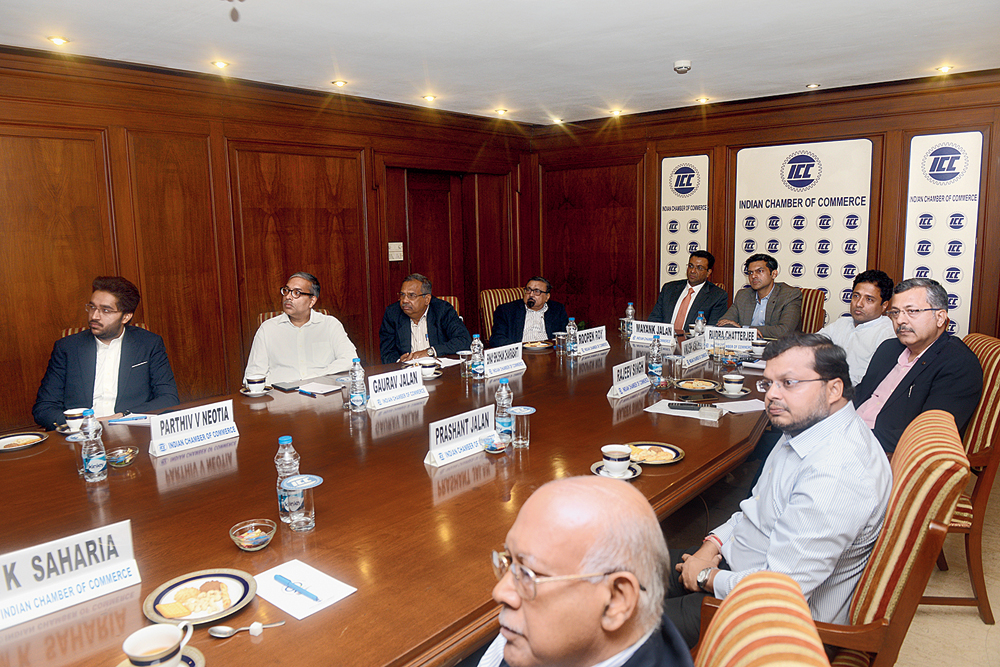The Union budget was an opportunity to bolster the economy on the back of a strong mandate for a stable government. The budget had to unequivocally demonstrate India’s commitment to propelling economic growth by engendering demand, reviving animal spirits in capital investments and buoying farm prices that raise agricultural income.
Against this backdrop, the FM delivered a convincing budget that will aid economic activity. She addressed issues related to capital availability. The cost of capital in India is higher than comparable economies, stymying manufacturing and exports.
Recapitalisation of PSU banks with Rs 70,000 crore will improve their stressed balance sheets. For NBFCs, distressed in the wake of the ILFS scandal, she offered a short-term guarantee for healthy firms that will revive credit flow.
Last, but perhaps most meaningfully, she declared that the Indian government will finally access the international markets with a sovereign bond — this will ease the domestic supply glut and enable the private sector to borrow cheaper locally, and it will provide a benchmark floor rate for all Indian loans.
Although the details are awaited, the FM announced a consolidation of labour laws. India’s labour laws are restrictive and cumbersome.
In a country with a high working age population, companies are cagey to recruit because they will be unable to retrench when business dips. It appears that the state is suitably expanding social security that will eventually free up the private industry to hire more workers without lifelong employment commitments. These issues related to capital and labour were long pending.
Rudra Chatterjee is MD of Luxmi Tea Company










